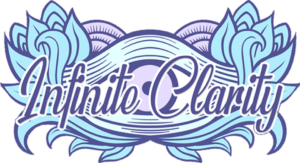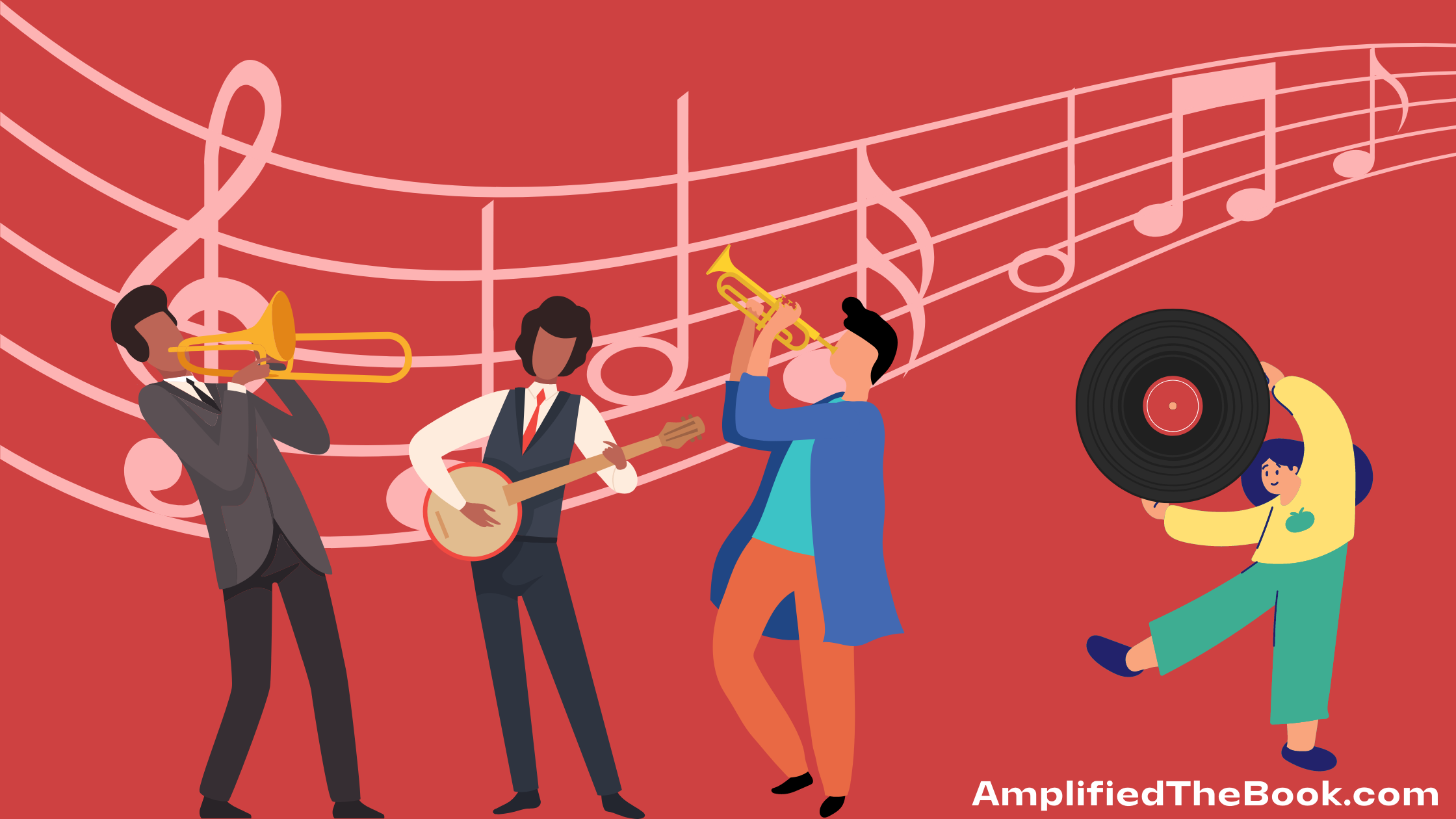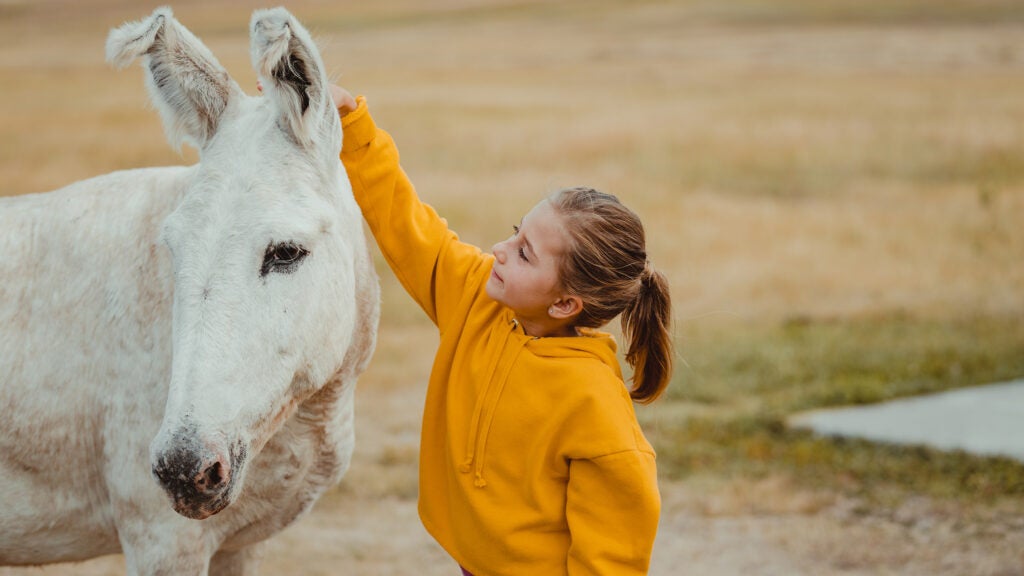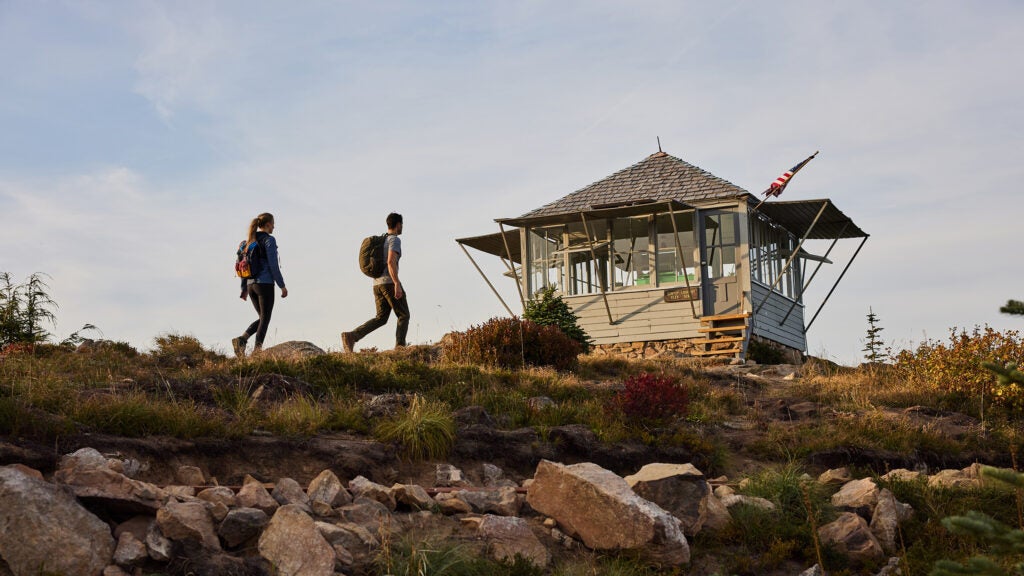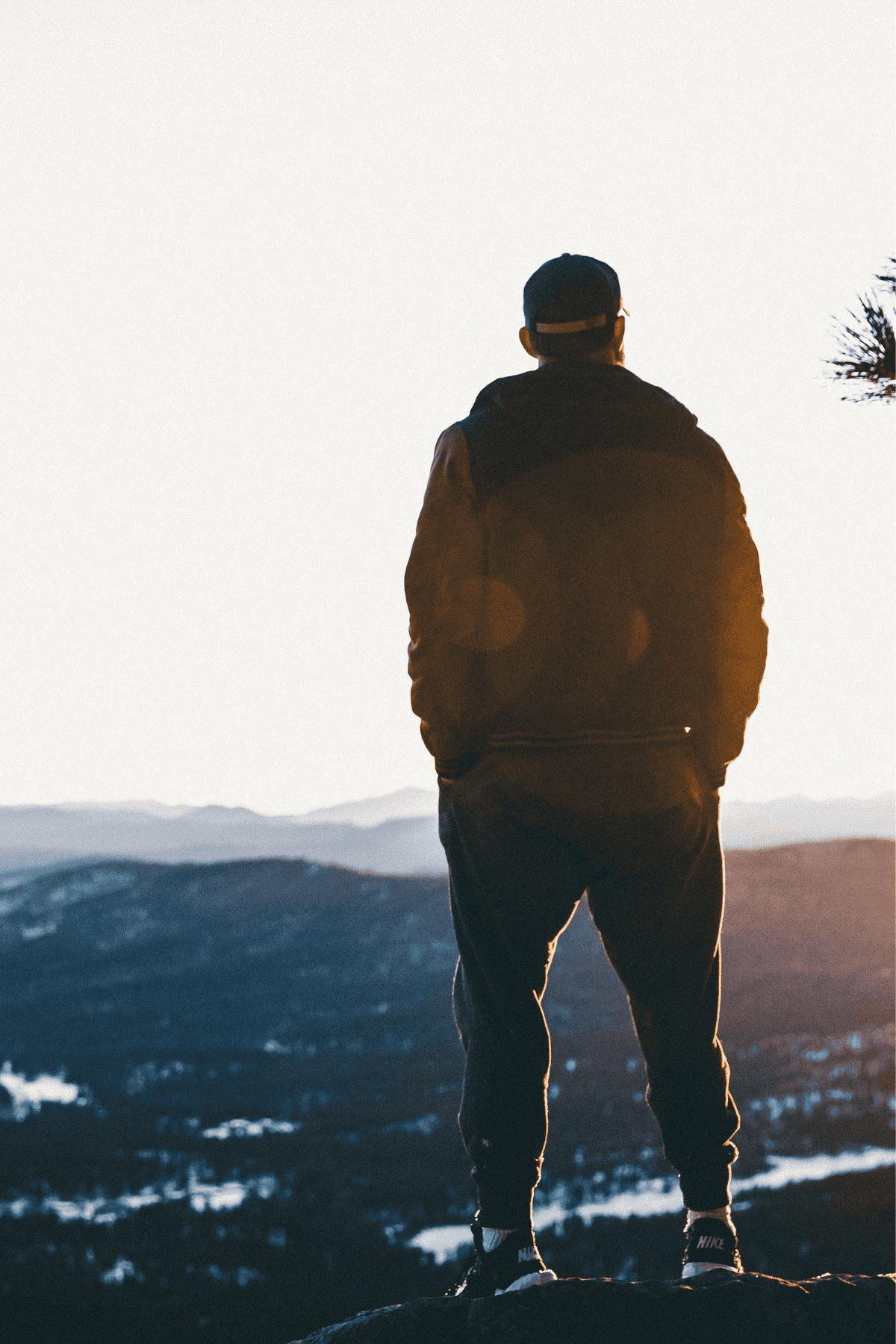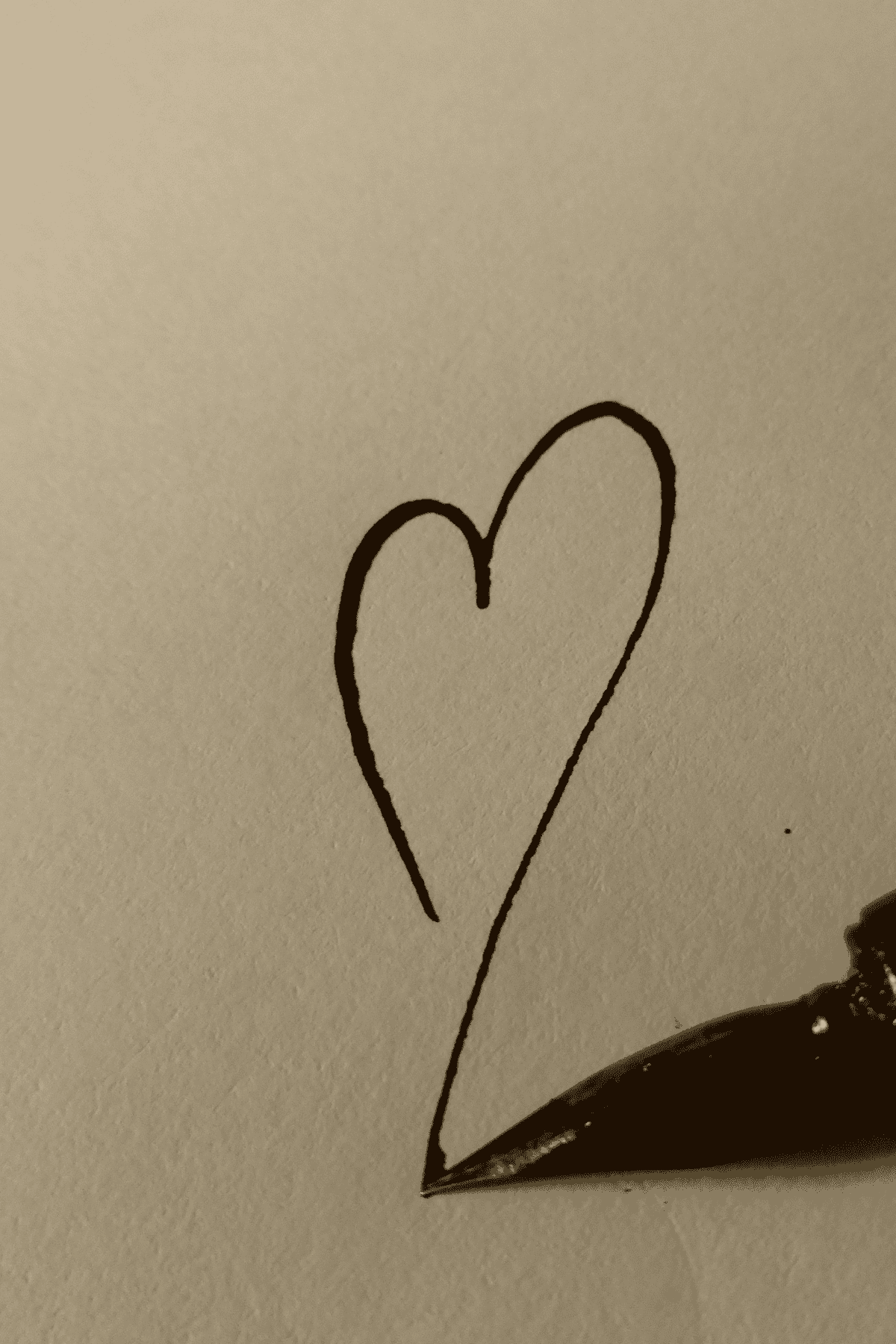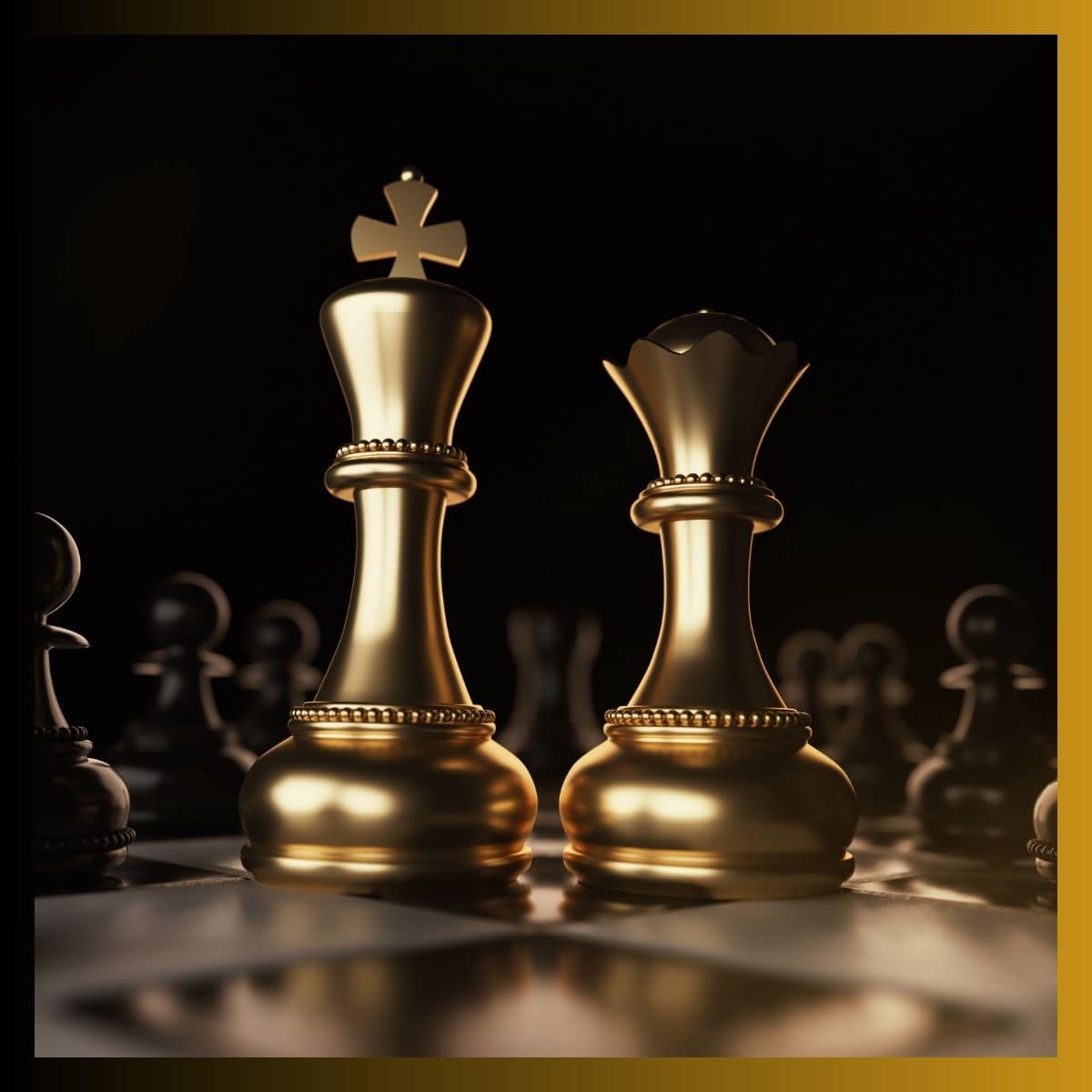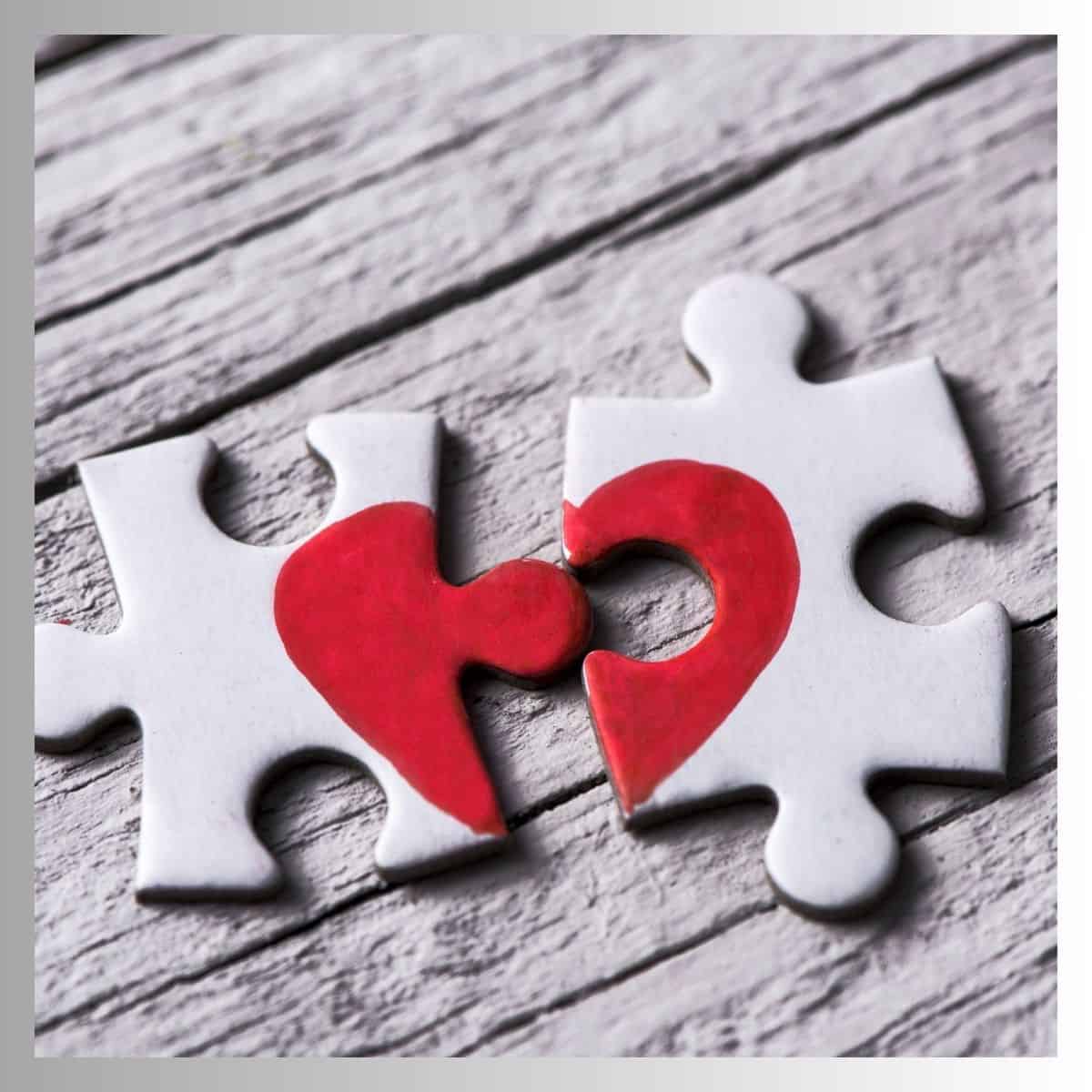In 2002 I was invited to Brazil to speak at a film festival in Belo Horizonte and introduce my first short film, Jungle Jazz. I was also on a personal mission to better understand what lies at the root of music’s ability to affect us so deeply.
As I traveled around Brazil, I met with several professionals who used music as a modality to heal, inspire, and improve the lives of others. I quickly became enamored with Brazil and its rich musical culture. Even the government respected music’s role in society enough to make the Minister of Culture a key cabinet position, and to bestow the honorable title on Gilberto Gil, one of Brazil’s most respected musicians.
In Salvador, Bahia, I spent an afternoon in the home of a powerful healer and spiritual guide named Babalu. He was not a musician, but an acclaimed visual artist. He sold his paintings to support his healing work, which he provided to thousands of individuals for free.
Though painting was his form of artistic expression, Babalu insisted that music had the greatest potential to impact humanity on a massive scale. Unlike a physical painting or work of art, he told me, a piece of music could be shared with an unlimited number of people and carried forward in their hearts and minds wherever they went.
This notion resonated with me. I realized what intrigued me most, and what had brought me to Brazil, was music’s ability to deeply affect human beings on a social, spiritual, and cultural level. Like Gilberto Gil and Babalu, I knew that in the right hands music could be used to shift the perceptions of, give voice to, and provide hope and inspiration to an entire nation.
The Songs of the Prophets
I often think about artists who have shifted entire cultures or have had a positive global impact on humankind through their music. Consider the ’60s and ’70s, a time of social uprising around the world, and how our society resounded from the calls of many notable artists. They sang to and on behalf of millions of people, giving voice to the silenced, singing about the unspeakable, and inspiring millions to carry their messages far and wide.
What would Jamaican culture, if not the world, be like today without the musical messages and vibration-shifting voice of Bob Marley? Can you imagine the civil rights movement of the ’60s without the soundtracks of Curtis Mayfield or Arlo Guthrie, or the cries to end the unjust war in Vietnam without the voice and musical accompaniment from Bob Dylan, John Lenon or Marvin Gaye? Fela Kuti’s music is one of the keys to opening the gates and building bridges of awareness between Africa and the West?
Would Brazil be the same today without the sanity of Caetano Veloso or Gilberto Gil to light a torch during the country’s repressive years under a dictatorship? How would we have built the bridges of awareness between Africa and the West without the creative activism of Fela Kuti, Hugh Masekella, or Angelique Kidjo?
These performers were far more than mere entertainers. They are messengers of truth, ambassadors for justice, and in some cases, musical prophets sowing the seeds of a higher intelligence.
Poetry and spoken stanza were the art forms of prophets for centuries, including Rumi, Ralph Waldo Emerson, and Khalil Gibran. Many of their contemporaries, however — like the musical messengers I mentioned above—shared their poetry through song. At certain times in history, their voices rang out to help wake us up, bring us back to our senses, and restore balance and compassion to a broken society. At other times, and to those most in need, they were a collective voice of strength, dignity, and inspiration.
The new generation of conscientious musical stars emerging on the global stage is especially inspiring to me. As a result of the increasing globalization of media and new technology, today’s artists are able to connect to larger and more diverse audiences, breaking through traditional barriers of race, class, religion, and nationality.
This new emergence is proudly represented by messengers like Somalian refugee K’Naan, African-American superstar and AIDS activist Alicia Keys, Idan Raichel from Israel, and the Jamaican sons of Bob Marley, Damian and Ziggy. Younger artists are arriving on the scene every week to bring fresh and much needed perspectives to help waken the world again and give voice to the next generation of leaders.
As we shape our collective future, one thing is for sure: Music will continue to act as a catalyst for influencing people, and even entire cultures. Now, I don’t mean to claim that music can feed the hungry, cure epidemic diseases, reverse overpopulation, or prevent global warming. But music can help us, as individuals, better cope with these external challenges and inspire us as a global community to come together in a more harmonious fashion. The opportunity to use music for the conscious awakening of the human race and the well-being of our planet is growing each day.
How a Song Can Change the World
As of the first day of 2021, more than one-hundred music videos on YouTube had crossed the threshold of one billion views, three of which exceeded five billion views.1 Just five years prior, that level of reach for a single song and video would have been inconceivable. And those engagement numbers above don’t even include musical downloads or the number of plays on other music listening platforms like Spotify or Apple Music. I doubt Babalu could have ever imagined those numbers when he spoke to me a decade prior.
What intrigues me, beyond the numbers, is how we can use the music video format – the potent short form combining imagery, story and music – as a way to inspire, engage, and shape the future of humanity. While many have not joined the billion-viewer club, artists and activists have long used songs, music videos, and popular media platforms to carry positive messages and bring awareness to meaningful causes.
Music is nearly everyone’s second language and thereby provides the most universal and far-reaching form of emotional engagement of any media content. Leveraging those Technologies of Emotion – music and storytelling – may be the ultimate way to shift global consciousness. Music is an exponential technology.
Using Music to Transform the World
How can we, as individuals, work together to drive this force in a direction that can truly make a positive difference? If you work for a record label or are an artist, you have the opportunity to be more conscientious about the messages you put into the world. As a listener, you can make a big difference by purposefully choosing the music you listen to or share with others. You can help support artists who are committed to using their gifts for the well-being of the individual listener and society as a whole.
We can help the next generation chart a different course for their future through music, starting with children. If you are a parent or know one, I’m sure you can attest to the considerable influence pop music has on kids. You might have a hard time convincing your ten-year-old son or daughter to exercise, learn yoga, do their homework, or clean their room. But you probably will face little to no resistance if you ask them to listen to hours of their favorite artist’s music or memorize the lyrics to their songs.
Music can help young people develop essential tools and internal resources for facing the unforeseen and inevitable challenges that lie ahead. Providing children with music education and opportunities for musical expression offers them a chance to further develop their minds and bodies, and gain a greater sense of personal identity, fulfillment and belonging.
Music becomes increasingly relevant when we offer it for the benefit and evolution of all beings. The better we understand the omnipotent power of music, the more effectively we can use it in our own lives, in our children’s development, and in the cultivation of a more harmonious global community.
So, can a pop song change the world?
The answer must be a resounding ‘YES!’.
A good meal can feed a man for a day;
but a great song can feed a million souls for a lifetime.
I invite you to contemplate the tremendous opportunity we share—as individuals, families, and global communities—for using music to co-create a better world and a more positive future.
